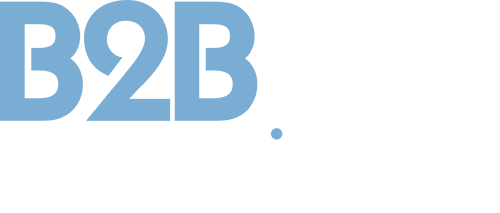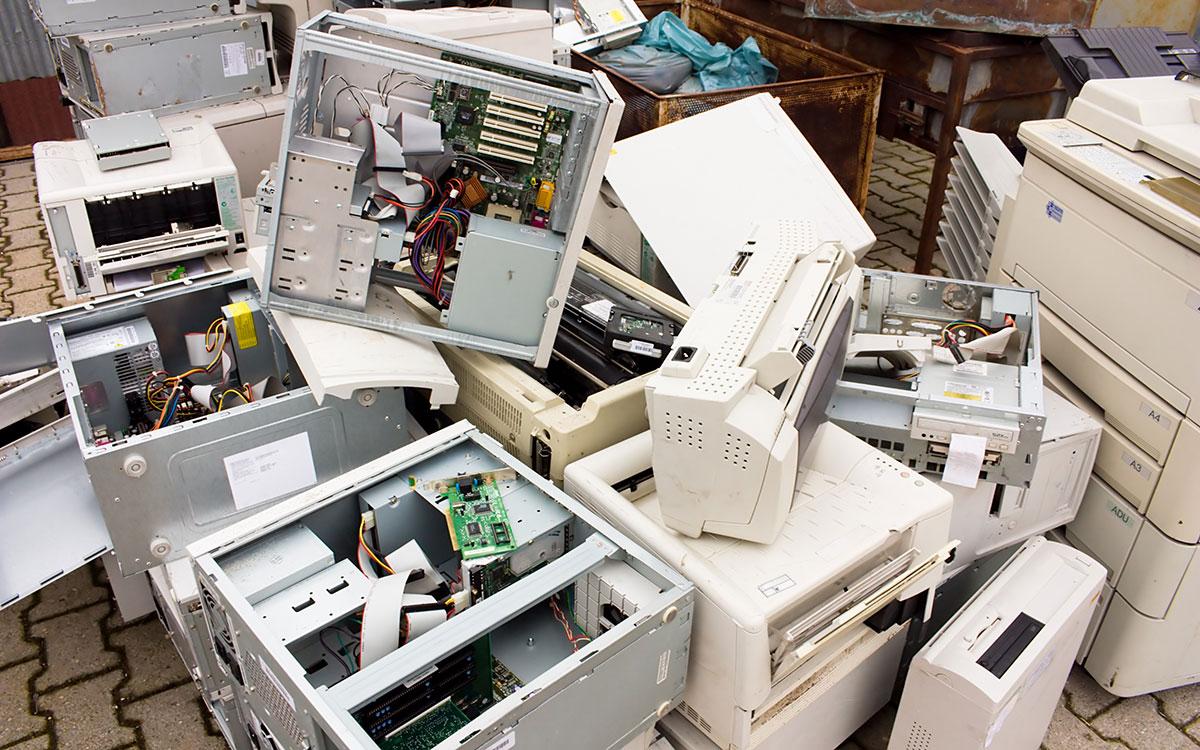Last week Defra opened the 2021 WEEE compliance fee methodology consultation. It is open until the 18th November and there are two proposals to consider by Valpak and the Joint Trade Association (JTA).
Producers of electronic equipment are required under the WEEE regulations to finance the collection and recycling of waste electronics, based on their market share. This is done via the purchase of recycling evidence and an annual collection target for producer compliance schemes (PCS) is also set, on behalf of their members.
The WEEE compliance fee is required as an alternative method for PCS and obligated producers to remain compliant when they are unable to collect enough WEEE to meet the collection targets, resulting in a shortfall of evidence to meet their obligations. The application of a compliance fee is at the annual discretion of the Secretary of State.
Two proposals to consider
The WEEE compliance fee is consulted on each year with respondents asked to rate two methodologies against a number of criteria which include the experience of the operator, the calculation methodology, and the timetable for implementation.
This year, Valpak’s methodology proposes to calculate individual compliance fee amounts for each PCS via four variables, including an averaged base cost for the collection and sorting of WEEE from local authorities, a standard fee that reflects operational costs, and an escalator that ensures PCS are paying relative to their obligation shortfall.
The latter is a change from Valpak’s previous submissions, where the escalator was based on the national shortfall. There is also a proposed £2,000 participation fee for each PCS wishing to use the compliance fee.
The JTA’s methodology uses a similar calculation, and there are also three adjustments made from last year’s methodology: an uplift for those not participating in the Producer Balancing Scheme (PBS) has been removed; there will no adjustment for costs relating to Persistent Organic Pollutants (POPs); and the collection shortfall factor has been removed. There would also be an administration charge for those wishing to use the fee.
If Defra approves the JTA’s methodology for 2021, it will be the fourth consecutive year the Association has administrated the compliance fee.
An important element of the WEEE system
Scheme manager Lucy Drake-Lee commented “The encouraging Q2 WEEE data released in September would suggest that most streams are on track to meet the annual target.”
“The compliance fee remains an important element of the WEEE system which should be designed in a way that encourages compliance schemes to comply through collection.”
To view and respond to the consultation on the WEEE compliance fee methodology for 2021, please click here.


